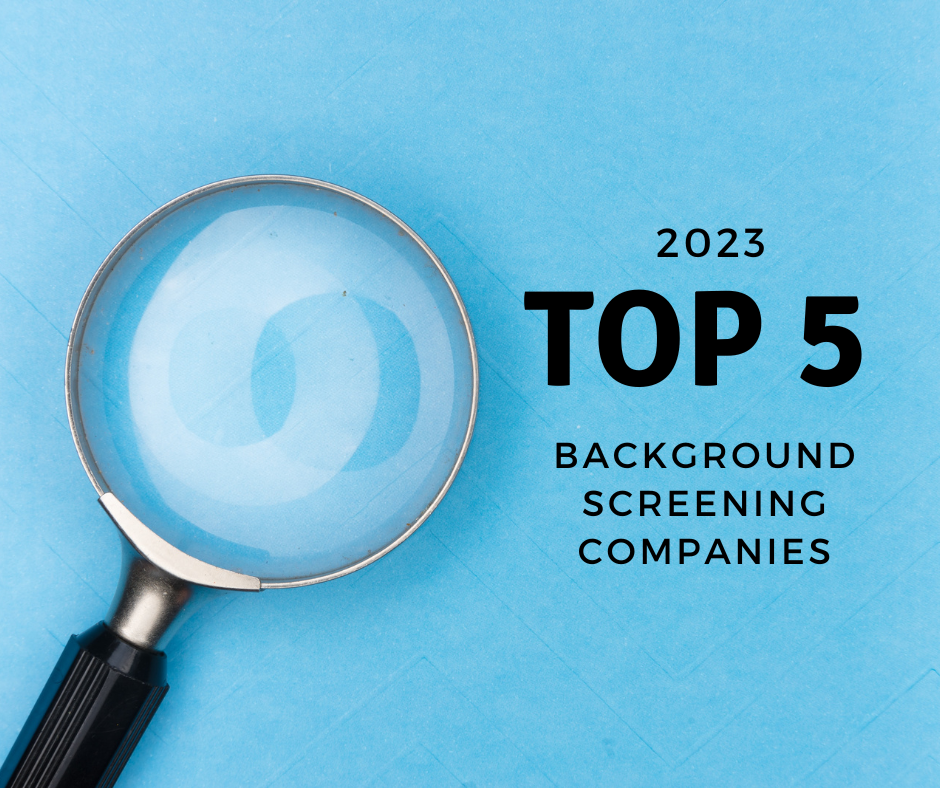Whether you're hiring your next employee, vetting a contractor, or onboarding a volunteer, a background check is one of the most valuable tools you have for making informed decisions. But when that report lands on your desk, it can feel like a wall of data—names, dates, records, and technical terms.
So, what’s actually in a background check report? And more importantly, what does it all mean?
Let’s break it down section by section.
1. Identity Verification
What it includes:
- Full legal name
- Date of birth
- Last 4 digits of SSN
- Known aliases or alternate names
- Current address of applicant
Why it matters:
This section confirms that the person is who they say they are. It also helps verify that you're pulling the right records—especially for candidates with common names.
2. Criminal History
What it includes:
- Local, state, and federal criminal records
- Charges, convictions, and arrests
- Dates of offenses
- Dispositions (e.g., conviction, dismissal, pending)
Why it matters:
This is often the most closely examined part of the report. It gives you insight into any past criminal behavior that may be relevant to the position—such as theft for finance roles, or violence for caregiving roles. Context is key: not every record is a deal-breaker, and some may be outdated or legally protected.
3. Employment Verification
What it includes:
- Previous employers
- Job titles
- Dates of employment
- Reason for leaving (when available)
- Eligibility for rehire
Why it matters:
This section helps confirm the accuracy of a candidate’s resume and ensures they have the experience they claim. Look for consistency and follow up on major discrepancies.
4. Education Verification
What it includes:
- Schools or institutions attended
- Degrees or certifications earned
- Dates of attendance and graduation
Why it matters:
Falsifying degrees is more common than you might think. Verifying education ensures the candidate meets any credential requirements for the position.
5. Driving Records (Motor Vehicle Report)
What it includes:
- Driver’s license status
- Traffic violations
- DUIs or reckless driving offenses
- License class and expiration
Why it matters:
This is essential if the role involves driving, operating vehicles, or transporting goods. It helps ensure both legal compliance and public safety.
6. Credit History (For Financial Roles)
What it includes:
- Credit accounts and payment history
- Bankruptcies, liens, or judgments
- Debt-to-income insights
Why it matters:
Typically used for positions involving financial oversight or fiduciary responsibility. While not relevant for every role, it can indicate how a candidate manages their financial obligations.
7. Civil Records (When Included)
What it includes:
- Lawsuits and civil judgments
- Evictions or property disputes
- Restraining orders or other civil filings
Why it matters:
Civil records can sometimes reveal patterns of behavior relevant to certain roles, especially those involving leadership, trust, or legal accountability.
8. Sanctions, Watchlists, and Global Databases
What it includes:
- Terrorist watchlists
- Government sanctions
- The Office of Foreign Assets Control (OFAC), Interpol, and international criminal data
Why it matters:
This is especially relevant for global companies or roles with security implications. It helps mitigate legal and reputational risk.
What You Won’t See (and Why)
Not all data is fair game. A background check should be:
- Compliant with the Fair Credit Reporting Act (FCRA)
- Respectful of ban-the-box laws and local hiring regulations
- Limited to job-relevant information
Arrest-only records, sealed or expunged cases, and certain non-convictions may be excluded, depending on your state or local laws.
Final Thoughts
A background check is more than a list of data points—it’s a tool to help you hire smarter, safer, and more confidently. By understanding each section of the report, you can make informed decisions without overreacting to minor or unrelated findings.
Need help running or interpreting background checks? Bchex provides fast, compliant, and easy-to-read reports tailored to your industry and risk profile.



